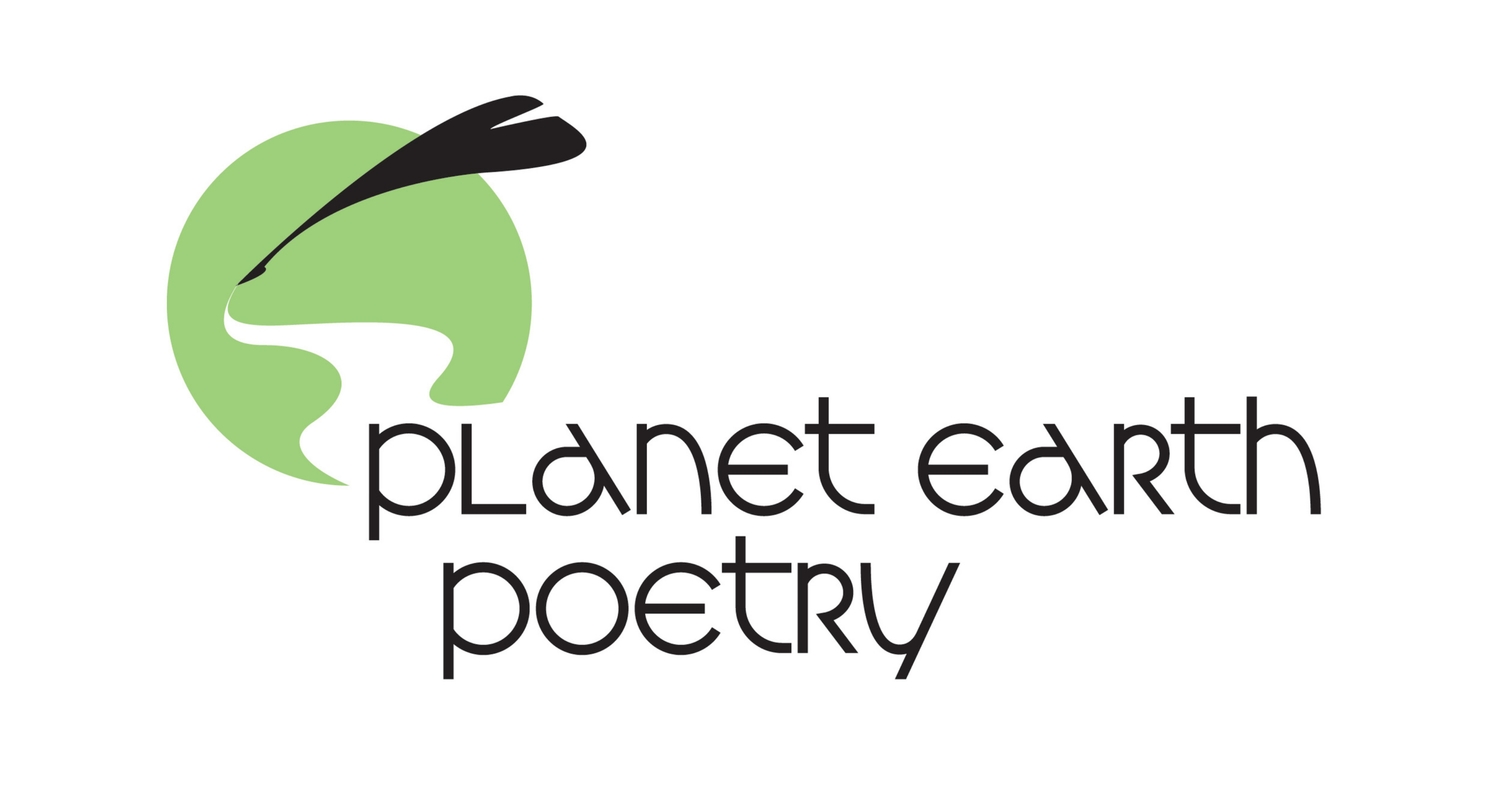REVIEWER:
Wendy Donawa calls Victoria home, and is grateful to live on the unceded lək̓ʷəŋən (Lekwungen) territory of the Songhees and Esquimalt Nations. Her prior life included 36 years in Barbados, as a UWI student, a Barbados Community College instructor, and a Barbados Museum curator.
Her first book, Thin Air of the Knowable (BrickBooks, 2017), was a finalist for the Raymond Souster award and the Gerald Lampert Memorial Award. Our Bodies Unanswered Questions (Frontenac House) followed in 2021. Her poems are also found in anthologies and magazines including Arc Poetry Magazine, The New Quarterly, Canadian Review of Books, Prairie Fire, Literary Review of Canada, Plenitude, Room, Freefall, and online Poetry Pause.
Poet Wendy Donawa
unpacking the poem:
Regional reviewers focus on regional poems
Reviewer Wendy Donawa unpacks a different poem every month. She examines the poem in a way she hopes is helpful for readers and other poets to understand how craft works in a particular poem, for a particular effect.
OCTOBER 2023: KEVIN SPENST
It Will Rain Like Rods on the Hillside in Sweden
(This poem will be included in Kevin Spenst’s next full-length book, A Bouquet Brought Back from Space, to be published with Anvil Press next Spring.)
It will rain married men in Spain,
and intermittent toads’ beards Saturday
morning in Portugal. An intense
Pacific frontal system of bamboo
grass and sand will fall over Tokyo.
There’s a chance of young cobblers
developing over Berlin and running
riot across the country all the way
to Athens, where they will fall
Sunday afternoon alongside chairlegs.
In Nantes it’s currently raining
nails, in Grenoble it’s grenouilles,
ropes in Reims, and Niort is
getting nailed. Cows are pissing
lightly over Paris. In the north
of Taipei, plums will plummet Monday morning.
There’s a strong chance of fire
and sulphur over Reykjavik, which
will reek of burnt umbrellas for weeks.
In Bangkok, it will rain
children’s eyes and ears shut for a month,
and then they will open and be quizzed
like little gods on all the winds in the sky.
Poet Kevin Spenst
Kevin Spenst is the author of three full-length books of poetry plus the upcoming A Bouquet Brought Back from Space (Anvil Press, 2024) along with over a dozen chapbooks including Pray Goodbye (the Alfred Gustav Press), Surrey Sonnets (JackPine Press), and Recto Verso Chez the Devil’s Printers (co-written with Joshua Pitre for Collusion Books). He is one of the organizers of the Dead Poets Reading Series, has a chapbook review column for subTerrain magazine, teaches poetry at Simon Fraser University, and lives in Vancouver on unceded xʷməθkʷəy̓əm (Musqueam), Sḵwx̱wú7mesh (Squamish) and səl̓ilw̓ətaʔɬ (Tsleil-Waututh) territory.
For more about Kevin:
Email: kevinspenst@gmail.com
Instagram: kevin_spenst
Twitter: @kevinspenst
Unpacking “It Will Rain Like Rods on the Hillside in Sweden”
Perhaps at first reading, your reaction was, “Huh?” Then, catching the recurring reference to rain, and the multicultural settings, you might laugh out loud, and think, “Yeah, like raining cats and dogs in Vancouver.” The entire poem is made of idiomatic expressions from many mother-tongues! But is this a poem? Yes, and language at its most playful and imaginative. “Raining cats and dogs” on its own is mundane, a cliché for English speakers, but an eclectic combination of rainy clichés from many languages becomes exotic, even surrealistic.
Few of the lines are end-stopped, except when they end a long sentence, and the juxtaposition of the non-sense metaphors becomes absurdly amusing. The rhythm rollicks along breathlessly, pouring rain and enjambment: language at play.
And yet…what accounts for a faint undertone of menace in the choice of words like:
“Frontal system….running riot….raining nails….getting nailed….pissing….fire and sulphur?”
We see here how light-hearted and playful language can also touch on something serious. Spenst is disturbed by the rise, in recent years, of right-wing patriotism and a popularism that is “often centered in the purity and inviolability of a national language.” He says, “I think it’s more important than ever to ensure we keep ourselves open to other sounds, voices, and languages.” (Best Canadian Poetry, 2020, p. 151).
And what better way to attain openness, than by this varied roster of deeply human responses to rain? Spenst ends with an appeal to the innocence of children who have not yet learned prejudice, and who “will open” and respond to “all the winds in the sky.”



